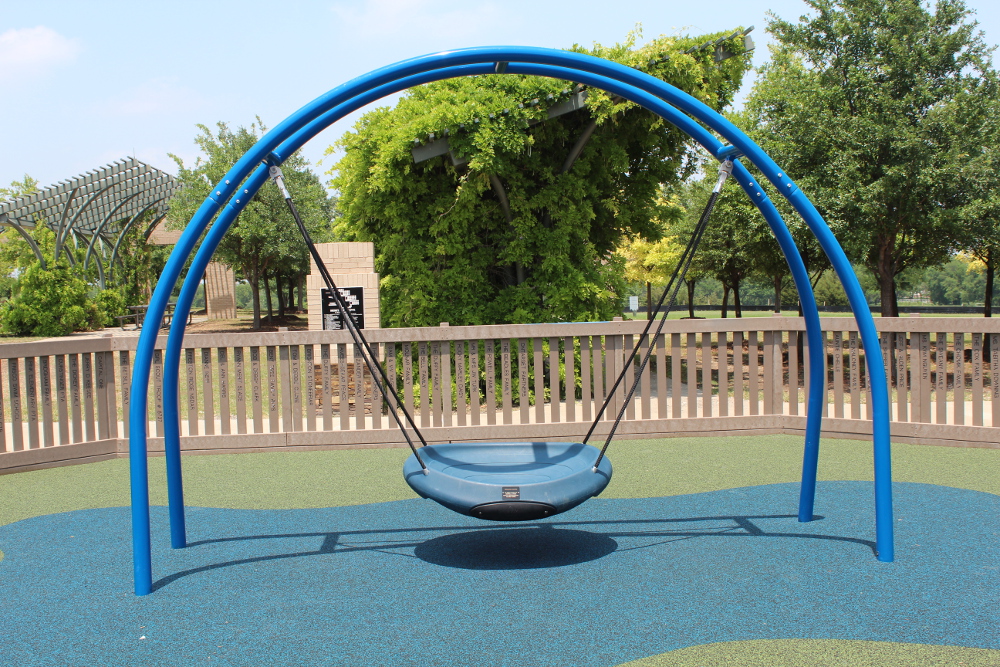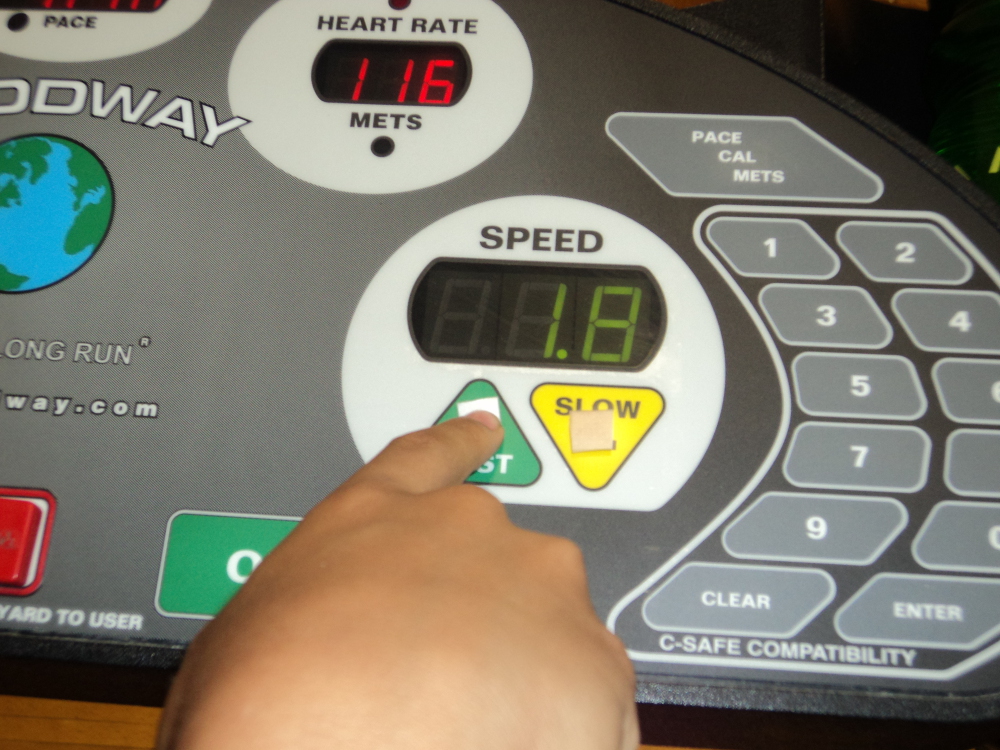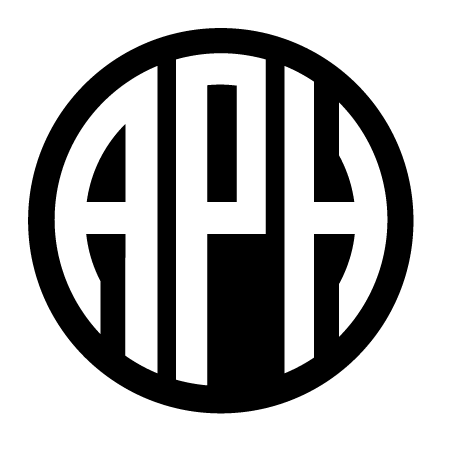Advocacy
To submit an entry for this topic, please use this form to tell us about it.
Advocacy is supporting a cause and recommending changes based on the unique needs of that cause. Successful advocates educate themselves with pertinent information and then get involved in communities and schools to make a difference.
All people deserve the opportunity for physical activity and play. This means making these activities accessible to all populations including persons with visual impairments and multiple disabilities. Be an active voice in support of adapted physical activity and recreation in your community.
Here are ideas to get you started in advocacy work:

Oodle® Swing on a playground

Tactile cues indicate where to press to increase and decrease speed on a treadmill.


Accessible Park
Advocate for an accessible park in your town. Read the 30 Most Impressive Accessible and Inclusive PlaygroundsOpens a new window for ideas and information that you can use as you voice this need in your community.
Accommodations
Advocate for accommodations at a local gym. Equipment modifications such as tactile labels on a treadmill make this accessible to individuals with visual impairments.
Position Paper
Write a position paper about physical education and recreation for people with visual impairments and or multiple disabilities. For an example of a position paper, read Physical Education for Students With Visual Impairments: A Position Paper of the Division on Visual Impairments Council of Exceptional Children (Tutt, Lieberman, & Brasher, 2012)Opens a new window.
Self-Advocacy Worksheet
from Going Places: Transition Guidelines for Community-Based Physical Activities for Students Who Have Visual Impairments, Blindness, or Deafblindness
Reasons to Participate
from Going Places: Transition Guidelines for Community-Based Physical Activities for Students Who Have Visual Impairments, Blindness, or Deafblindness
Advocacy related product from APH
Loving Me: A Guide to Creating and Presenting Workshops on Self-Esteem (Catalog # 7-02500-00). This guide is designed for those who seek to help people who are blind and visually impaired, their families, and the professionals who work with them explore the origin and expression of their self-esteem in a workshop format.
Active Policy SolutionsOpens a new window—APS provides government relations and advocacy support to clients; specializing in sports, health, wellness, youth development, and civil rights policy.
Guidance Letter—January 25, 2013
American Association of Adapted Sports ProgramOpens a new window—The AAASP works in partnership with education agencies in the U.S. to establish programs, policies, procedures, and regulations in interscholastic adapted sports for students with physical disabilities.
FamilyConnect®Opens a new window
Know Your Rights
U.S. Department of EducationOpens a new window—Office for Civil Rights
Dear Colleague Letter—January 25, 2013


